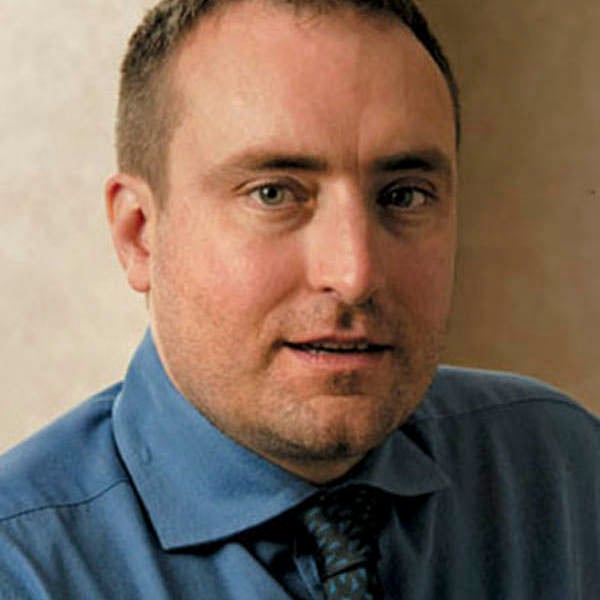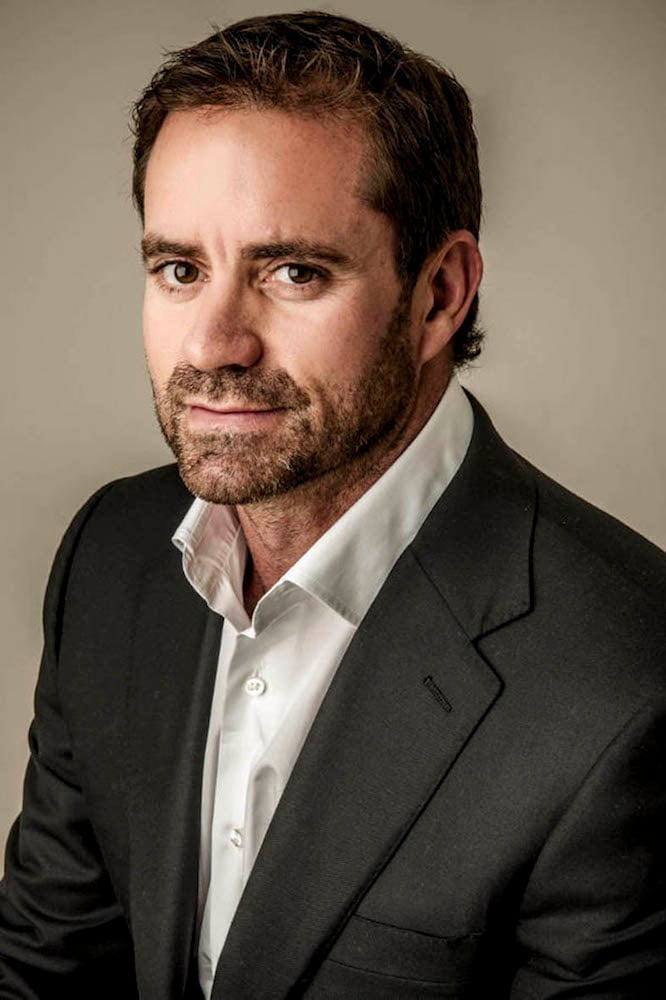The most controversial deal linked to Tokyo Sexwale involved Israeli billionaire Dan Gertler
Craig McKune & Stefaans Brümmer
ANALYSIS
Announcing he was running for the Fifa presidency on Tuesday, Tokyo Sexwale said he would bring “good financial management … transparency and accountability” to the scandal-plagued football governing body.
The politician-businessperson’s past, however, is littered with controversies involving secretive business deals and problematic partners.
“Fifa is broken and what is broken is the administration,” Sexwale was quoted as saying. “For me, that is the easiest thing [to fix] … I have administered organisations, banks, mining companies far larger than Fifa, both in the country and abroad.”
- Listen to Stefaans Brümmer’s podcast about this article with PowerFM
At home, Sexwale remains locked in bitter divorce proceedings with wife Judy, who has turned to the courts for access to the financial information of two family trusts of which she was nominally a trustee. The trusts underlie Mvelaphanda Holdings, the investment vehicle founded by Sexwale and two friends.
The divorce proceedings continue behind closed doors.
Abroad, deals involving Mvelaphanda, a United States hedge fund and a well-connected Israeli investor have attracted the attention of US anti-corruption authorities, which is ironic given that it was a US investigation that blew the lid off the Fifa scandal and signalled the beginning of the end for its now-suspended president, Sepp Blatter.
“All these things remain allegations. From where I’m sitting, he is as clean as a whistle”
Asked to comment, Sexwale’s spokesperson, Peter-Paul Ngwenya, said Sexwale had not been convicted or charged: “All these things remain allegations. From where I’m sitting, he is as clean as a whistle.”
Most significant among Mvelaphanda’s international controversies was its partnership with Israeli Dan Gertler in the Democratic Republic of Congo, where Gertler is a close friend of President Joseph Kabila.
This was a complicated financial relationship that involved a web of offshore vehicles in places such as Guernsey, the British Virgin Islands and the Cayman Islands, all financial secrecy havens. Key to it was the Guernsey vehicle Africa Management Limited (AML), which Sexwale launched in 2008.
Gertler, with money borrowed from AML in his pocket, effected the now notorious acquisition of the Kolwezi copper and cobalt mine in the Congo after Kabila’s government had stripped it from a Canadian company, First Quantum. A few months later, Gertler sold the mine at a huge profit, some of which flowed to AML.
The Kolwezi transaction drew fire from transparency campaign groups, which argued that the deal was done in secret and that, because the beneficial owners were hidden offshore, there was a “corruption risk”.
It is this deal and the involvement of hedge fund Och-Ziff Capital Management, a partner in AML, that has interested the US authorities.
Gertler and Mvelaphanda have denied wrongdoing, but Sexwale has consistently refused to account for his links to the deal. He has said his interests were placed in “blind trusts” when he became a Cabinet minister and he could not comment.

Tokyo Sexwale’s right-hand man: Mark Willcox
In 2010, the same year that AML pocketed the money that flowed from Kolwezi, Sexwale’s right-hand man, Mark Willcox, was dealing with Gertler elsewhere, this time over two oil blocks at Lake Albert in the eastern DRC.
The picture at Lake Albert was similar to Kolwezi: Kabila controversially signed the oil blocks over to two British Virgin Islands companies even though they were already owned by other companies – Irish oil major Tullow and South Africa’s Divine Inspiration Group.
It was confirmed only about two years later that Gertler was behind the offshore companies, Foxwhelp and Caprikat.
Suggestions of Sexwale’s involvement arose when amaBhungane discovered that both companies had provided Mvelaphanda addresses in Johannesburg on the contracts, and that Willcox had travelled with the signatories to Kinshasa to discuss the deal. Despite this evidence, Sexwale and Willcox denied having a financial interest in them.
The signatories who accompanied Willcox on the plane were Khulubuse Zuma and Michael Hulley, President Jacob Zuma’s nephew and lawyer respectively. Khulubuse denied that his uncle was involved.
Added to Sexwale’s list of controversial associates is Walter Hennig, who, through another offshore-registered company, was a partner in AML.
Hennig made international front-page news in 2012 after he lent the Guinean government $25-million to fund a state-owned mining company. Detractors argued that the contract was stacked hugely in Hennig’s favour, offering him extensive mining interests as an alternative to repayment. Hennig has maintained all was above board.
“Rampant, systemic and deep rooted” corruption at Fifa

Tokyo Sexwale’s AML partner: Walter Hennig
It was claimed that Sexwale was involved in the deal, but no evidence of this has been produced.
In South Africa, Sexwale’s proclivity for wealth accumulation caused serious unhappiness when it emerged in 2012 that Mvelaphanda was going to unexpectedly take R150-million from Absa Bank’s Batho Bonke empowerment consortium.
Sexwale took a lead in assembling Batho Bonke in 2004. It had hundreds of thousands of beneficiaries and was acclaimed for its broad-based character.
But the R150-million bonus was at the expense of small shareholders, many of whom were taken by surprise. The fine print entitled Mvelaphanda to these returns based on the R7.3-million it had lent the consortium to start up.
Fifa was plunged into turmoil in May when seven football officials were arrested in Zurich on US warrants. The US indictment alleged that corruption at Fifa was “rampant, systemic and deep rooted”. Eighteen officials and company executives were charged with racketeering and bribery.
Blatter said he would step down and be replaced after a presidential election to be held in February next year. But last month, the Swiss attorney general launched an investigation into contracts and payments involving him, and Fifa’s ethics committee suspended him.
This is the turbulent space that Sexwale wishes to fill. But, his own past controversies apart, it may be said that he might not have the distance from world football’s tarnished elite to sweep it clean.
“Mistake” payment
Earlier this month, Franz Beckenbauer was the first heavyweight to back Sexwale for the Fifa presidency. The German football boss, who worked with Sexwale during the 2006 and 2010 World Cups, is now mired in allegations of his own. He has been accused in the German media of being party to a €6.7-million slush fund, allegedly used to buy votes for the 2006 World Cup.
Beckenbauer admitted that the payment was a “mistake”, but denied that it bought votes. The German Football Association is investigating.
Equally problematic for Sexwale may be his close relationship with the Caribbean football boss, Jack Warner, before and after the 2004 Fifa executive vote that landed South Africa the 2010 event.
Warner is central to the Fifa scandal and the US has indicted him on many counts, including receiving a $10-million bribe from South Africa for swinging the World Cup vote in its favour.
* Got a tip-off for us about this story? Click here.
 The M&G Centre for Investigative Journalism (amaBhungane) produced this story. All views are ours. See www.amabhungane.co.za for our stories, activities and funding sources.
The M&G Centre for Investigative Journalism (amaBhungane) produced this story. All views are ours. See www.amabhungane.co.za for our stories, activities and funding sources.